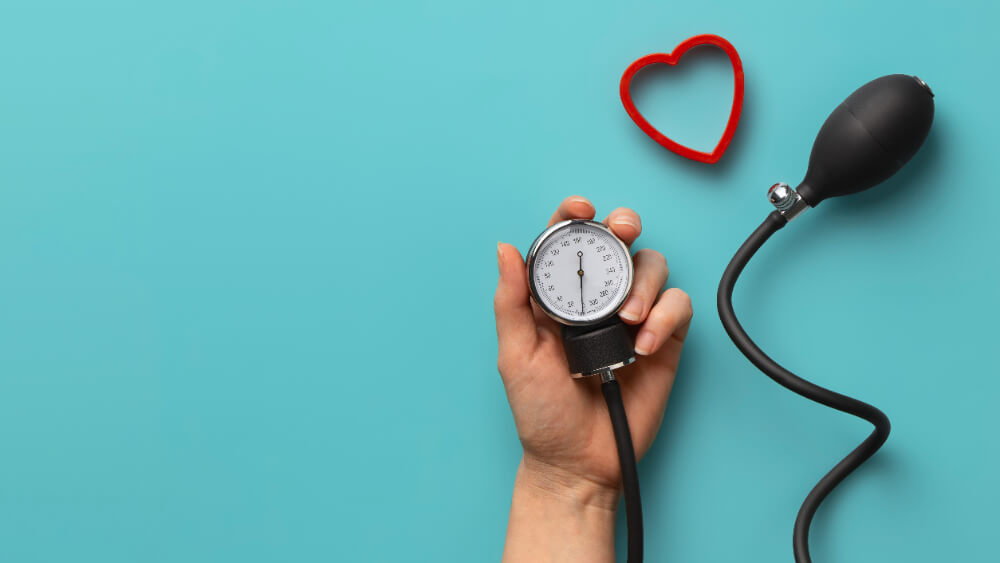Your Primary Care Physician: A Key Partner in Managing Hypertension
Hypertension, often referred to as the “silent killer,” is a condition where the force of blood pushing against the walls of your arteries is consistently too high. While often asymptomatic in the early stages, hypertension can have serious consequences if left untreated. Primary care physicians are at the forefront of hypertension management, providing comprehensive care to individuals at risk and those already diagnosed with the condition.

Understanding Hypertension
What is Hypertension?
Hypertension, commonly known as high blood pressure, is a chronic medical condition where the force of blood against the walls of the arteries is consistently too high. It is a leading risk factor for heart disease, stroke, and kidney failure. Blood pressure is measured in millimeters of mercury (mmHg) and is expressed as two numbers: systolic (the pressure when the heart beats) over diastolic (the pressure when the heart rests between beats). A reading of 120/80 mmHg is considered normal, while readings above 140/90 mmHg typically indicate hypertension.
Types of Hypertension
- Primary (Essential) Hypertension: This type has no identifiable cause and develops over time due to factors like genetics, poor diet, or lack of exercise.
- Secondary Hypertension: Caused by underlying conditions such as kidney disease, hormonal disorders, or the use of certain medications.
The Role of Primary Care Physicians in Hypertension Management
- Early Detection and Diagnosis:
- Regular Blood Pressure Checks:
- Routine blood pressure checks during regular check-ups are essential for early detection of hypertension.
- Risk Factor Assessment:
- Assessing risk factors for hypertension, such as family history, age, diet, exercise habits, smoking, and alcohol consumption.
- Regular Blood Pressure Checks:
- Lifestyle Modifications:
- Dietary Guidance:
- Providing personalized dietary advice, emphasizing a DASH (Dietary Approaches to Stop Hypertension) diet rich in fruits, vegetables, whole grains, and low-fat dairy products.
- Exercise Recommendations:
- Encouraging regular physical activity, such as brisk walking, jogging, swimming, or cycling.
- Weight Management:
- Assisting with weight management strategies for overweight or obese individuals.
- Smoking Cessation:
- Providing support and resources for smoking cessation.
- Stress Management:
- Offering guidance on stress management techniques, such as relaxation, meditation, and yoga.
- Dietary Guidance:
- Medication Management:
- Prescribing appropriate medications to lower blood pressure, such as diuretics, beta-blockers, ACE inhibitors, ARBs, and calcium channel blockers.
- Monitoring medication effectiveness and adjusting dosages as needed.
- Patient Education:
- Providing patients with comprehensive education on hypertension, including its causes, risks, and management strategies.
- Regular Monitoring:
- Regularly monitoring blood pressure to assess the effectiveness of treatment and make necessary adjustments.
Causes and Risk Factors
Lifestyle Factors
- Diet: High sodium intake and low potassium levels contribute significantly to hypertension.
- Physical Inactivity: Sedentary lifestyles increase the risk of developing high blood pressure.
- Alcohol and Tobacco Use: Both are known to elevate blood pressure and cause long-term vascular damage.
Genetic and Medical Factors
- Family History: A strong genetic predisposition can make some individuals more susceptible.
- Underlying Conditions: Diabetes, sleep apnea, and kidney disease are common contributors.
- Age and Gender: Risk increases with age, and men are more likely to develop hypertension before age 55, while women are at greater risk after menopause.
The Importance of Regular Check-ups

Regular check-ups with your primary care physician are crucial for effective hypertension management. These visits provide an opportunity to:
- Monitor Blood Pressure:
- Regularly monitor blood pressure to ensure it is within a healthy range.
- Assess Medication Effectiveness:
- Evaluate the effectiveness of current medications and adjust dosages as needed.
- Identify and Address Potential Complications:
- Monitor for potential complications of hypertension, such as heart disease, stroke, and kidney disease.
- Review Lifestyle Modifications:
- Review and adjust lifestyle modifications, such as diet and exercise, to ensure adherence and effectiveness.
- Address Concerns and Questions:
- Discuss any concerns or questions related to hypertension management with your doctor.
Lifestyle Changes Recommended by Primary Care Doctors
Dietary Adjustments
- DASH Diet: Emphasizing fruits, vegetables, whole grains, and low-fat dairy.
- Reducing Sodium: Limiting intake to less than 2,300 mg per day, with an ideal target of 1,500 mg for most adults.
Physical Activity
- Regular Exercise: At least 150 minutes of moderate-intensity aerobic activity per week.
- Incorporating Strength Training: To improve overall cardiovascular health.
Stress Management
- Techniques: Meditation, yoga, and deep-breathing exercises can lower blood pressure.
- Professional Help: Referrals to therapists or counselors if chronic stress is a contributing factor.
Conclusion
Primary care doctors are indispensable in the fight against hypertension. Their holistic approach—from early detection and personalized treatment plans to lifestyle guidance and medication management—ensures that patients receive comprehensive care. Regular visits to a primary care doctor not only help manage hypertension effectively but also significantly reduce the risk of severe complications.
Contact our Primary care doctor for comprehensive hypertension management (432) 322-8675 or (432) 322-8676 or visit us https://sccodessa.com/
